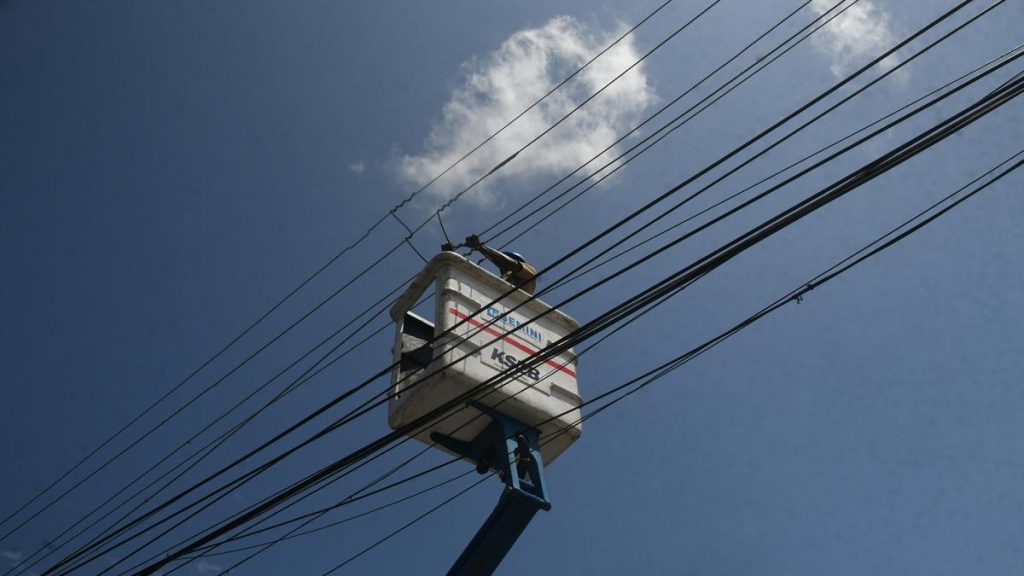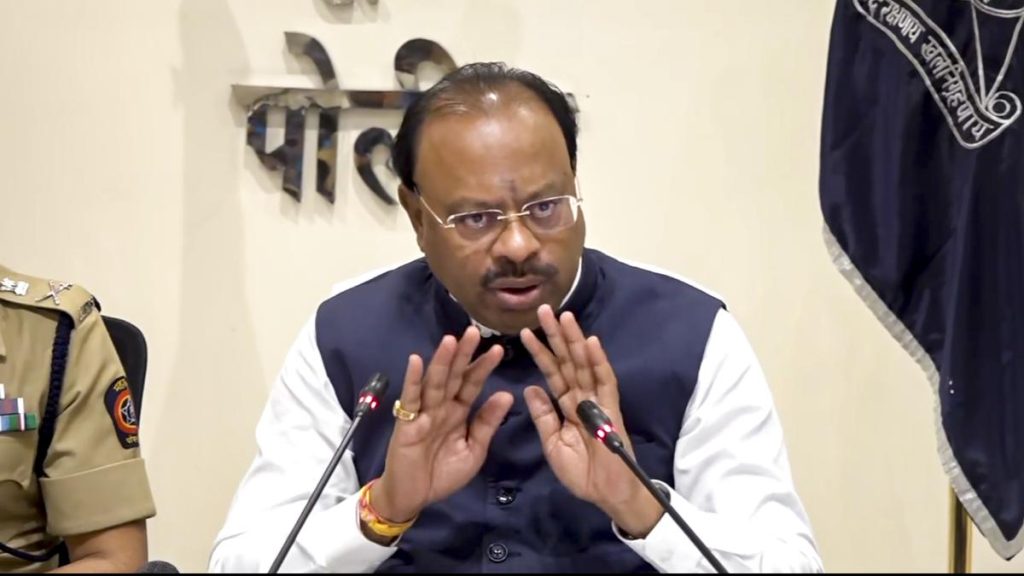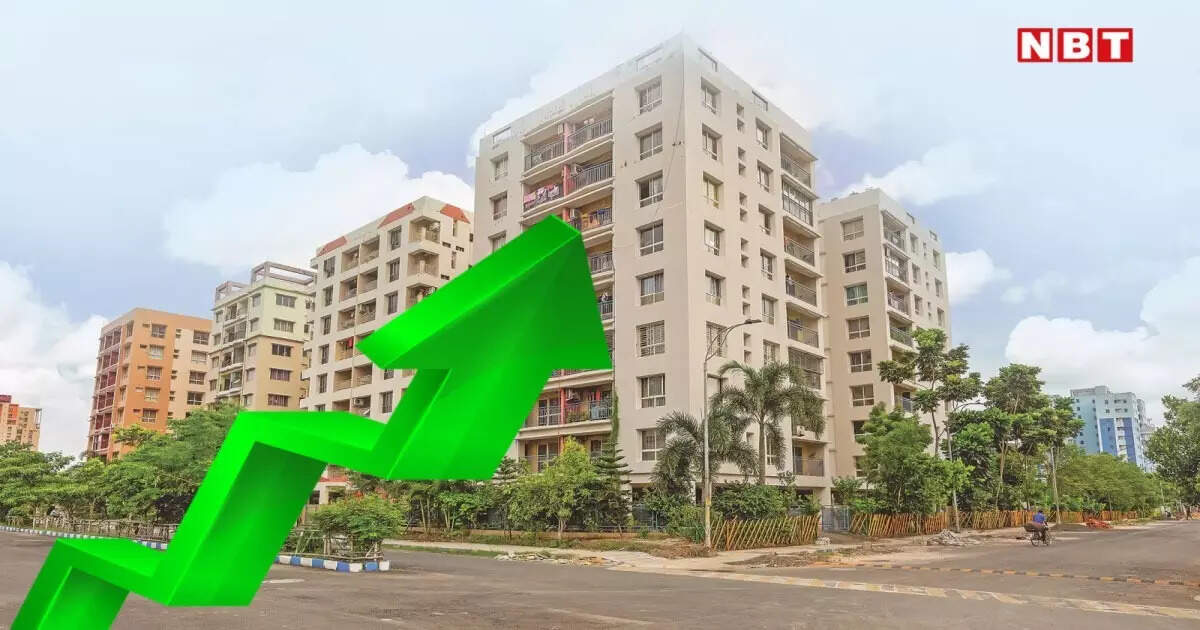Now Reading: China and Kenya Strengthen Ties, Reject Trade Tariffs
-
01
China and Kenya Strengthen Ties, Reject Trade Tariffs
China and Kenya Strengthen Ties, Reject Trade Tariffs
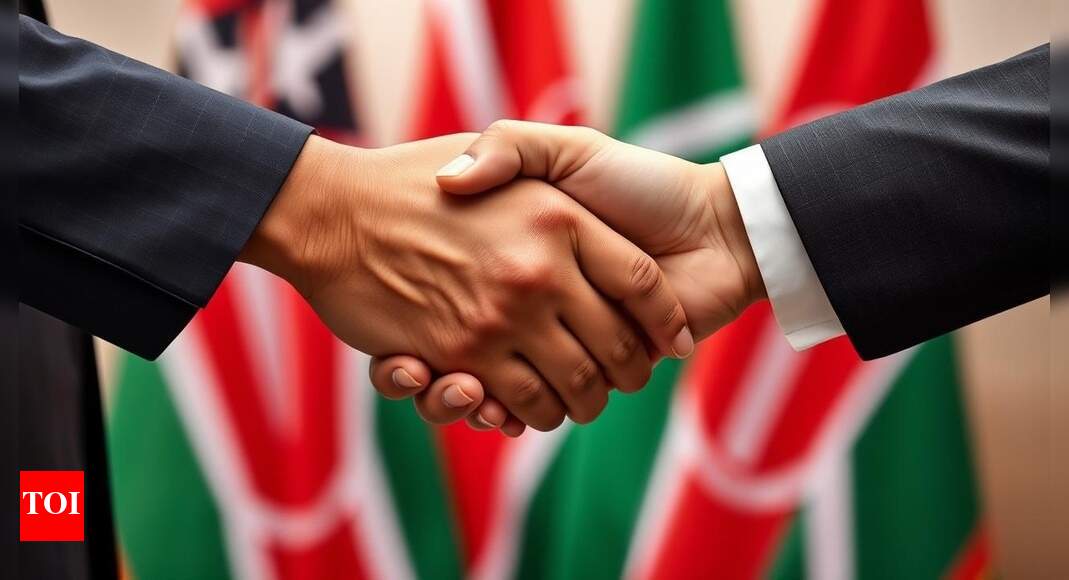
Swift Summary:
- China and Kenya agreed to deepen ties under the “china-Kenya community with a shared future for the new era” framework during Kenyan President William Ruto’s visit to Beijing.
- Africa remains critical to China’s Belt and Road Initiative (BRI), with Kenya being a important partner. projects include a $5 billion railway linking Nairobi to Mombasa.
- the two countries jointly opposed unilateralism, protectionism, tariffs, technology blockades, and pledged support for the World Trade Institution.
- Despite global trade tensions-especially between China and the US-the leaders aim to strengthen “all-weather” China-Africa relations.
- 20 agreements were signed in areas such as science/technology, vocational education, water resources management, and infrastructure advancement linked to BRI.
- Concerns remain about debt burdens associated with BRI loans; Kenya reportedly owes China over $8 billion. In 2023, Ruto requested additional financing of $1 billion plus debt restructuring from Beijing.
- During this visit: enhanced security-related cooperation was pledged in personnel training, defense industry collaboration, counterterrorism efforts, joint exercises.
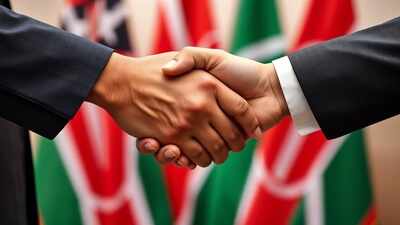
Indian Opinion analysis:
The strengthened partnership between China and Kenya highlights Africa’s growing strategic importance as part of China’s Belt and Road Initiative (BRI). For India-which competes regionally on developmental influence-the renewed focus on Sino-African cooperative frameworks could prompt reassessment of Indo-African engagement priorities. India’s own connectivity projects across Africa may benefit from broader inclusion or acceleration in response.
Financial burdens related to Chinese BRI loans are noteworthy. Ensuring enduring economic models will likely continue challenging recipient nations like Kenya-a factor India could leverage by emphasizing less debt-intensive alternatives in its outreach programs across African states.Security cooperation between China and African nations may shift regional power dynamics slightly; yet india’s historical relations remain positively rooted long-term within many sub-Saharan states offering inherent buffers strategically against limited ripple effects


